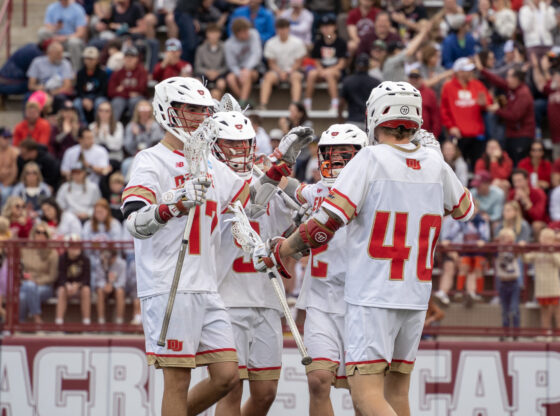Attending the University of Denver can cost up to $35,000 a year. In order to meet these expenses, approximately 86 percent of students have taken out student loans.
Despite their overwhelming popularity, however, many students aren’t aware of their responsibilities in repaying loans.
According to Student Financial Services Advisor Sarah Wilford, “You have to read, read, read and listen.”
From a short-term perspective, student loans are a great way to get the money you need, fast. Unfortunately, the debt of a student loan may cause more stress than it’s worth.
Graduate School of Social Work student Leigh Barr owes $48,000 in student loans.
“I think about my debt daily. I’m appreciative of the low interest rates, but I’m definitely a little stressed because social work isn’t a money-making field.”
After graduation Barr anticipates monthly student loan payments to be around $350.
“If I can’t afford the payments I would try to consolidate.,” Barr said.
Consolidating loans may be the smartest option for many students. Consolidation occurs when a student takes out another loan to buy out the previous loan. Right now the interest rate on consolidated loans is 4 percent or less.
If the student can’t make her or his minimum payments the punishment is severe.
Federal and private loans report the missed payment to credit agencies, which may affect the student’s ability to qualify for a mortgage or a car loan.
If the student’s parents co-signed the loan, their credit will equally be affected.
Direct and Perkins federal loans have fixed interest rates, generally at 5 percent, and payments are deferred while the student is in school. After graduation the minimum payment on a Direct loan is $50.
Perkins loans have the option to be cancelled out, or forgiven, if the student works in an approved industry, teach in low-income schools or join the Peace Corps.
Although federal loans are beneficial with their fixed rate, Wilford said that private loans can lower rates more frequently and are currently cheaper than federal loans.
Wilford said students need to be informed about their loans.
“Ask questions and make sure everything is your responsibility,” said Wilford.











